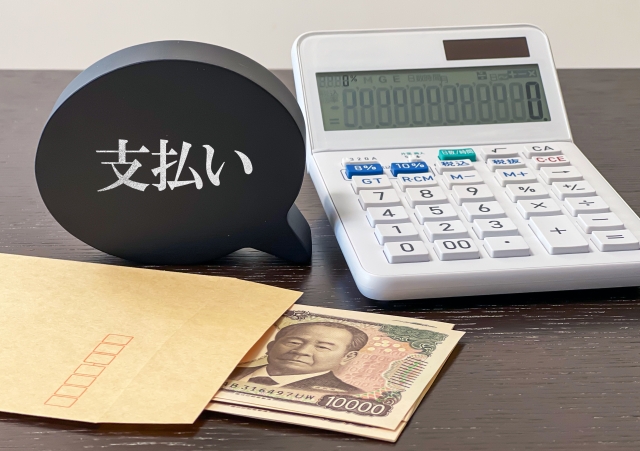Specific statistics on the frequency of prenatal paternity testing in Japan are difficult to obtain, but the use of non-invasive prenatal paternity testing (NIPP) is becoming more widespread worldwide and accessible in Japan. This method analyses foetal DNA found in the mother’s blood and can establish paternity from the sixth week of pregnancy with a high accuracy rate of approximately 99.9%, making it a safer alternative to invasive methods such as amniocentesis and chorionic villus sampling (CVS).It is a safe alternative to invasive methods such as amniocentesis and chorionic villus sampling (CVS) (source: ARC point Labs, American Pregnancy).
The HIRO Clinic estimates that there are approximately 300 to 400 people per month. The high cost may also be a reason for withholding testing.
Although the adoption of prenatal paternity DNA testing in Japan is still considered rare, it offers a highly accurate and low-risk option for pregnant parents seeking early paternity confirmation (source: Guidable).This background suggests that, although not as widespread as in other countries, it is used by those seeking early and reliable results.

Specific statistics on how often prenatal paternity testing is currently performed worldwide are also not readily available. The rate of adoption and frequency of use of prenatal paternity testing varies widely from region to region, influenced by local medical practice, legal frameworks, cultural norms and the availability of non-invasive testing techniques. However, the frequency is clearly higher than in Japan.
Latest Articles
Supervisor of the article

Dr. Hiroshi Oka
Graduated from Keio University, Faculty of Medicine
Doctor of Medicine
Medical Doctor









